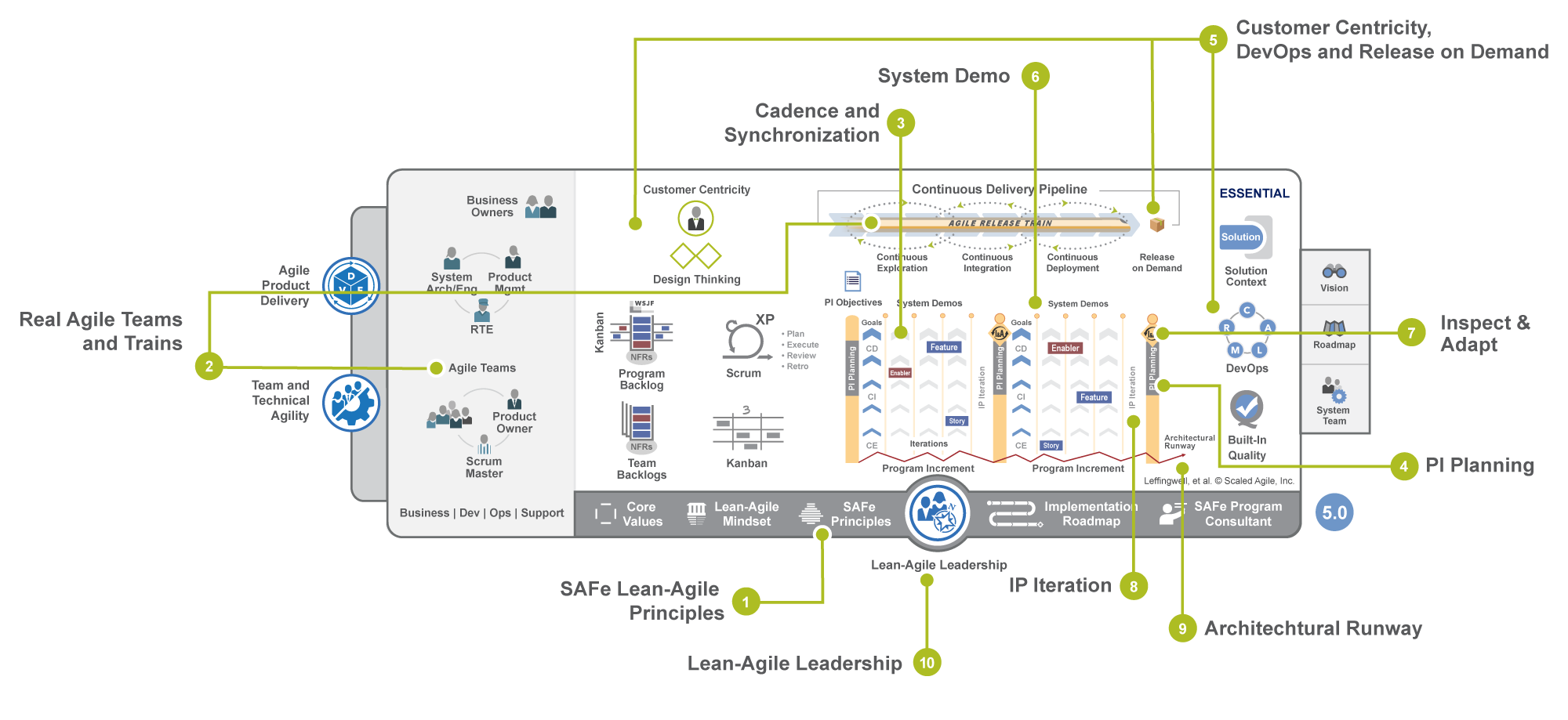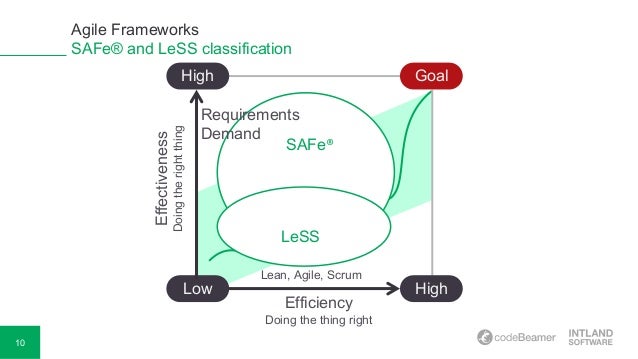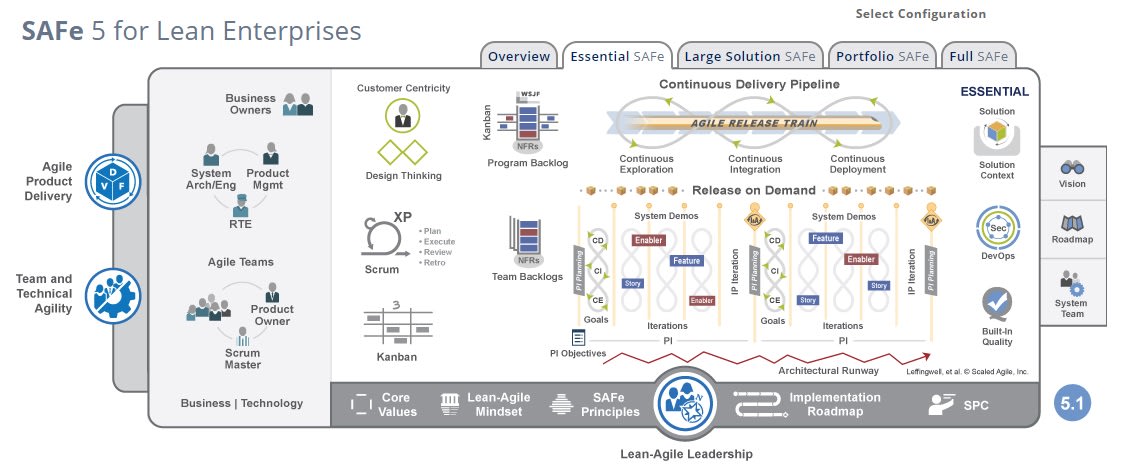

Implementing SAFe follows a step-by-step roadmap to ensure a successful transformation.
SAFE AGILE FRAMEWORK HOW TO
How to implement Scaled Agile Framework in an organization? Now that we have explored the key principles and benefits of SAFe let’s focus on the practical steps involved in successfully implementing it with the SAFe Implementation Roadmap. SAFe is guided by 10 key principles that drive its effectiveness at scale practices, which allow organizations to achieve better outcomes, drive employee engagement, and deliver value quickly in a changing marketplace. What are the key Scaled Agile Framework principles? Let’s start with the key principles and benefits of SAFe. To successfully implement the Scaled Agile Framework within your organization, it is crucial to understand its key principles, benefits, and roadmap for adoption.
SAFE AGILE FRAMEWORK FULL
The SAFe 6.0 Full Configuration consists of three levels (and two sublevels): The Scaled Agile Framework, created by Dean Leffingwell in 2011, is an industry-standard versatile framework for implementing Agile, DevOps, and Lean practices at scale.

So, let’s dive in and explore how to effectively implement Lean Portfolio Management within the Scaled Agile Framework, unlocking the full potential of agility at the enterprise level. We will dive into the essential components of LPM and discuss practical steps organizations can take to adopt this approach successfully.īefore we start, remember, “ Agile is not your goal-it’s only the best way to achieve your goals.” as Zuzana Šochová said in The Agile Leader. This article will explore the key principles and benefits of implementing Lean Portfolio Management within the Scaled Agile Framework. One critical aspect of the SAFe framework is LPM -Lean Portfolio Management, which provides organizations with a systematic approach to aligning strategy, prioritizing investments, and optimizing the flow of value. This is where the Scaled Agile Framework or SAFe, the most used scaling agile framework, offers a comprehensive approach that enables businesses to implement Agile practices at scale.


However, while Agile frameworks have proven effective at the team level, scaling these practices across larger organizations remains a significant challenge. The need to balance speed, flexibility, and efficiency in delivering products and services has led many enterprises to adopt agile methodologies. 91% of organizations state that adopting Agile is a strategic priority.


 0 kommentar(er)
0 kommentar(er)
